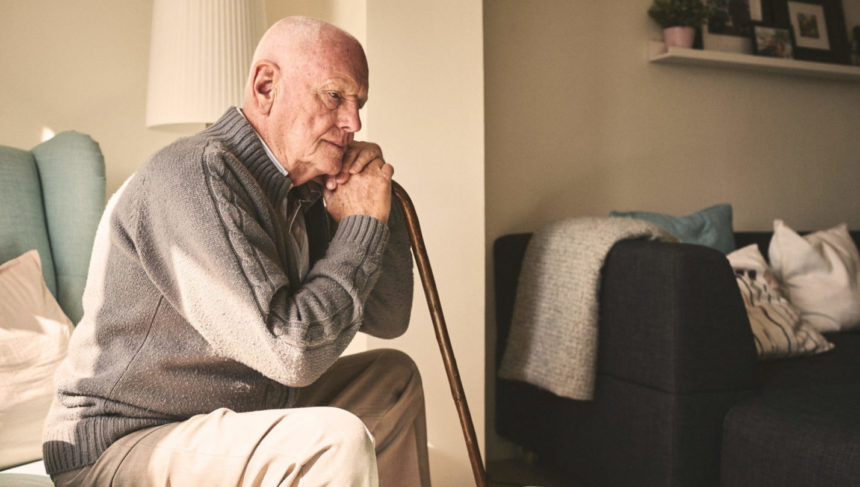
Cancer survivors who felt lonelier or experienced more social isolation had a greater risk of dying compared to those who were more connected, a recent study finds.
Over a 10-year span, cancer survivors with higher loneliness scores had higher mortality risks compared to those with lower scores or no loneliness, according to the April 25 report in Journal of the National Comprehensive Cancer Network.
Those with higher loneliness scores were 67% more likely to die compared to those with low or no loneliness, the data showed. People with moderate loneliness had a 41% higher chance of dying during the time period.
“Our findings underscore the importance of incorporating loneliness screening as a routine part of cancer survivorship care,” the authors wrote. “Healthcare providers should consider adding loneliness assessment tools to their standard practice, and these tools should be employed at multiple time points, from initial diagnosis throughout survivorship care.”
An awareness of the detrimental impacts of loneliness and lack of social connections took center stage during the COVID-19 pandemic. Since then, many studies have assessed the effects of disconnectedness on health.
“Early detection of loneliness is crucial because it may prevent the escalation and complications of loneliness among cancer survivors,” the team wrote. “In addition, identification of survivors experiencing loneliness can inform needs for intervention, such as mental health counseling, community support, social network involvement, and integrating loneliness intervention into cancer treatment and cancer survivorship care. Future studies should focus on the optimal screening tools for loneliness and examine the effectiveness of loneliness screening and interventions.”
For survivors, specifically, oncologists should provide loneliness screening during patient appointments. The doctors should also provide information on emotional challenges and solutions.
Data came from the 2008-2018 Health and Retirement Study (HRS). The data included 3,447 cancer survivors with 5,808 person-years of observation. All of the participants were over the age of 50, and most were diagnosed more than two years before taking the survey.
Of the survivors, 24.3% said they had low or no loneliness, 24.5% experienced mild or moderate levels of loneliness, and 27.6% dealt with severe loneliness. Those who were male, non-white, unmarried and felt depressed in the last year (as well as those with less education and more health conditions other than cancer) had higher chances of being lonelier than others.
The data didn’t include details such as cancer type, how many times a person was diagnosed, the stage of cancer they had when diagnosed, or if they were receiving cancer treatment.




